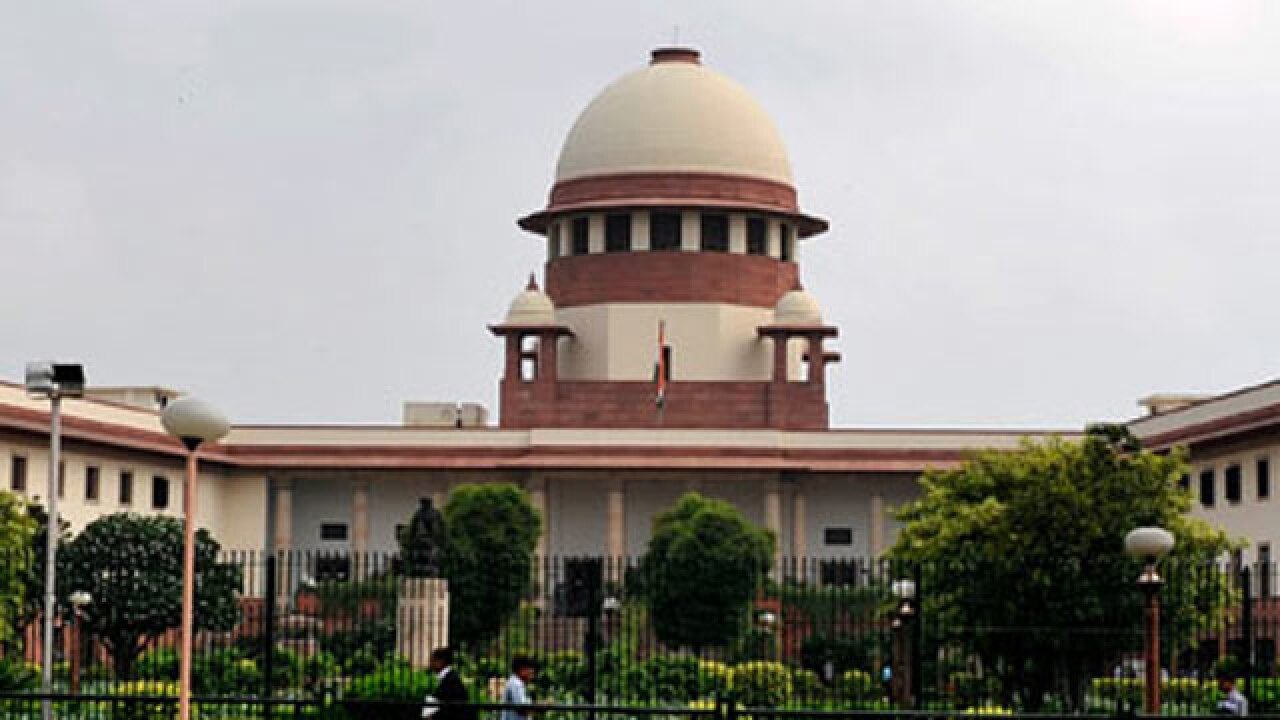
In March 2016, Prime Minister Narendra Modi had proposed the idea of conducting joint Lok Sabha and Assembly elections. Historically, post the adoption of the Constitution, the elections to Lok Sabha and all State Legislative Assemblies were held simultaneously between 1951 till 1967, when the cycle of synchronized elections got disrupted. Here are some of the points the government is currently discussing:
Simultaneous elections may reduce the recurring expenditures by the government, stakeholders, prolonged deployment by security forces and official manpower—which is the biggest adverse effects of policy making and development.
More frequent elections would lead to increased accountability by various politicians
Indians are more likely to vote for the same party in the Centre and the State when the elections are held simultaneously.
The Indian elections are very complex and we have to look into the incumbency and anti-incumbency of the states.
To add on, there are various other social aspects such as race, religion, caste, local community dynamics, voter bribery, etc
—Points from the white paper ‘Analysis of simultaneous elections:
What, Why and How’ by Bibek Debroy and Kishore Desai
Jagdeep Chhokhar
Founder & Trustee, Association for Democratic Reforms, former Director, IIM-A
In my opinion the expenditure isn’t high because of the nature of the elections and whether they are being held at the same time or not. The costs are high because political parties are pushing for candidates who are not in touch with their voters and have to use a lot of campaign funds to strengthen voter base their reputation.
If there was any internal democracy to speak of within the parties, this would not be required at all. The elections are all held at a certain time because of the way the Indian constitution is written. Our states all exercise a certain amount of autonomy, and can be independent. Elections are serious business and can’t be held at a whim — the people and the State and are given the authority to take their time to vote for someone who best represents them. If simultaneous elections are implemented, it may be used by certain to push power from the states to the center, and change our federal system to a more unitary one. The third thing is that why are the costs of the elections an issue in the first place? Elections are the life of an experimental democracy such as hours. Are we trying to put a price on democracy? We come up with so many expensive abhiyaans that don’t go anywhere, but as soon as a round of elections cost a little more, we start making a fuss. We deserve elections of the highest quality in India. We need more people to stand to represent us in the state legislatures. To force simultaneity on a naturally occurring process isn’t very constitutional. No one brought about staggered elections, it just came about to compensate for the requirements that our states may have. To meddle with it is to compromise of the diversity of representation.